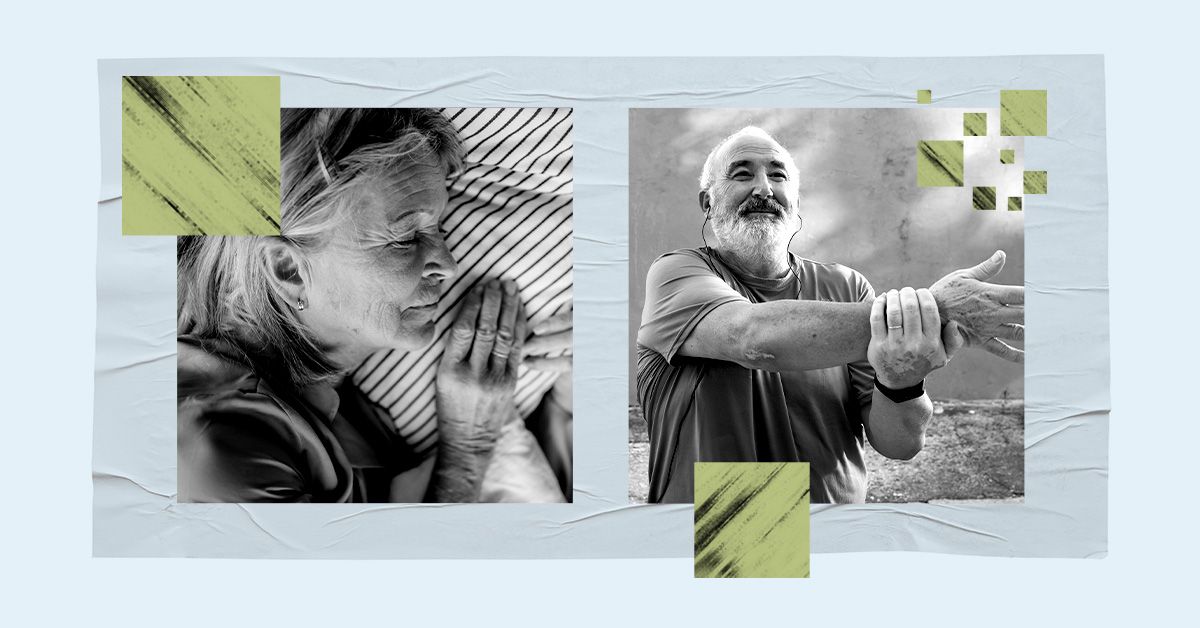A recent study published in the journal JAMA Network Open suggests that a combination of movement and good sleep can help in healthy aging. The study, conducted on 45,176 females from the Nurses Health Study, found that vigorous physical activity only accounts for 4% of adults’ waking time, while sedentary behavior occupies 60%. Researchers noted that even light physical activity can increase the odds of healthy aging, and adequate sleep is also beneficial. The study defined healthy aging as living to at least 70 years while maintaining mental health, physical function, no major chronic diseases, and no impairment in subjective memory.
The findings of the study revealed that sedentary behavior was associated with reduced odds of healthy aging, while light physical activity increased the odds. Scientists found that subjects who replaced time spent watching television with light physical activity, engaged in moderate-to-vigorous physical activity, or got at least seven hours of sleep had better odds of healthy aging. Additionally, older adults who engaged in moderate-to-vigorous physical activity had the highest odds of achieving healthy aging. The study authors recommended promoting active lifestyles for optimal health in older ages.
Aging is a significant public health issue, with about 10% of the world’s population being over 65 years old, a figure expected to rise to 16% by 2050. The effects of aging can lead to adverse health conditions such as cognitive decline, chronic diseases, psychological disorders, and limitations in physical function. As a result, approaches to achieve healthy aging, defined as being disease-free and physically, mentally, and cognitively healthy, are crucial. Only 10% to 35% of older adults currently achieve healthy aging, highlighting the need for identifying modifiable behaviors that can help increase this percentage.
Experts in the field of anti-aging and longevity emphasize the importance of combining adequate sleep with the right amount of exercise for overall health and well-being. Dr. Neil Paulvin, an anti-aging doctor in New York City, pointed out that sufficient sleep can improve memory, heart health, glucose control, and reduce the risk of Alzheimer’s. Exercise, on the other hand, helps maintain cognitive health, decrease inflammation, build muscle important for longevity, improve insulin sensitivity, and lower blood pressure. Ryan Glatt, CPT and brain health coach, recommends maintaining a regular sleep schedule, a relaxing bedtime routine, and incorporating various types of exercise such as aerobic, resistance, neuromotor, and mind-body exercises to promote healthy aging.
In conclusion, the study highlights the importance of lifestyle factors such as physical activity and sleep in promoting healthy aging. By incorporating more movement and less sedentary time into daily routines, older adults can improve their quality of life and increase their chances of achieving healthy aging. Adopting a balanced approach that includes adequate sleep and regular exercise can have numerous benefits for both physical and mental health, ultimately contributing to a longer, healthier life.










